This year’s BFI London Film Festival continues its commitment to new mediums and storytelling, with the second year of LFF Expanded, featuring 18 VR/AR and immersive audio projects taking place in physical locations in London and on the Expanse platform in VR.
I spoke to curator Ulrich Schrauth, a key figure in the emerging XR art scene, about the event, and his perspectives on how the medium is evolving. Schrauth has been a long time champion of the immersive arts, and founded the hugely successful VRHAM festival, which was the first dedicated VR festival in the world.
I was keen to understand more about the developments in XArts and how a global pandemic has shaped the festival and the medium itself.
Cover: LAIKA
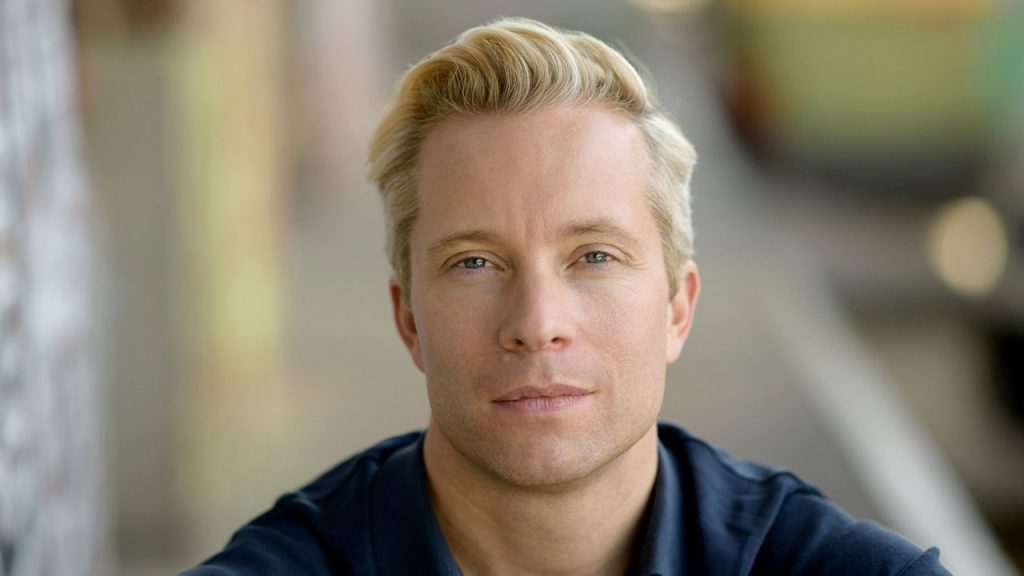
Ulrich Schrauth – When I first got involved a few years back, there was a great deal of excitement about this new form, and all of its possibilities. I’m not just talking about technology, I’m talking about a medium that was emerging, everyone was incredibly excited. From a curatorial perspective, I would see a lot of work exploring connections between physical and virtual spaces.
U. S. – We saw a lot of those in those early years, location based entertainment and immersive art installations, then when the pandemic hit, all of these types of works had to pivot to accommodate virtual festivals, and obviously all of that shapes how we look at the medium, what you can actually do creatively. And from a programming perspective, there’s been a huge shift, and as we go back to the “new normal”, I guess we’ll have to see what that’s going to look like.
Do you feel that the pandemic has had an impact on the themes you are seeing being explored in this space?
U. S. – There are a few works that resonate or reflect on the effect that the pandemic has had on us, both emotionally and psychologically. It’s an exciting jumping off point for the curation of a program like ours. Many of us have had our lives constrained to small apartments for 18 months, and have been using this immersive medium to escape, to broaden our horizons, and to explore new possibilities. In putting this program together, a lot of thought went into the idea of confined spaces and VR’s potential to connect with other people, to experience work that has a social impact. I think it’s a contemporary theme that runs through a lot of these exhibitions.
U. S. – Of course, we have a lot of works that tackle social inequality, as well as contemporary political and cultural issues. There is a tendency to see technologies like VR, AR and mixed reality simply as a form of escaping reality, but I strongly believe the opposite: I think it’s actually something that brings people together, that it’s not solitary, but that it actually challenges our perception of the world, the way we see certain issues and problems, and gives us an opportunity to see them from different standpoints. It’s partly what makes the curation process so exciting. It really gives you the ability to step into someone else’s shoes and to experience things from a different standpoint.
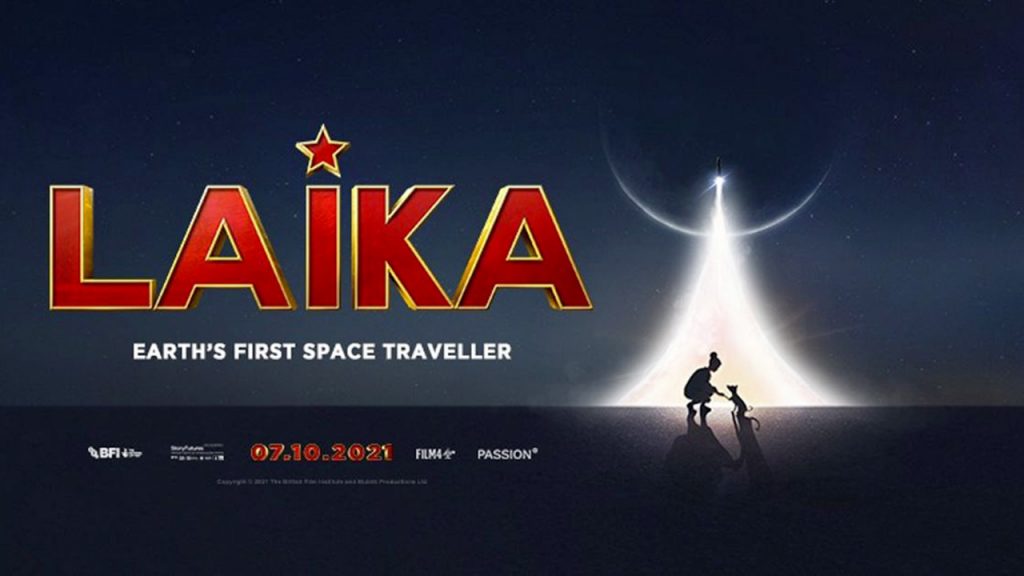
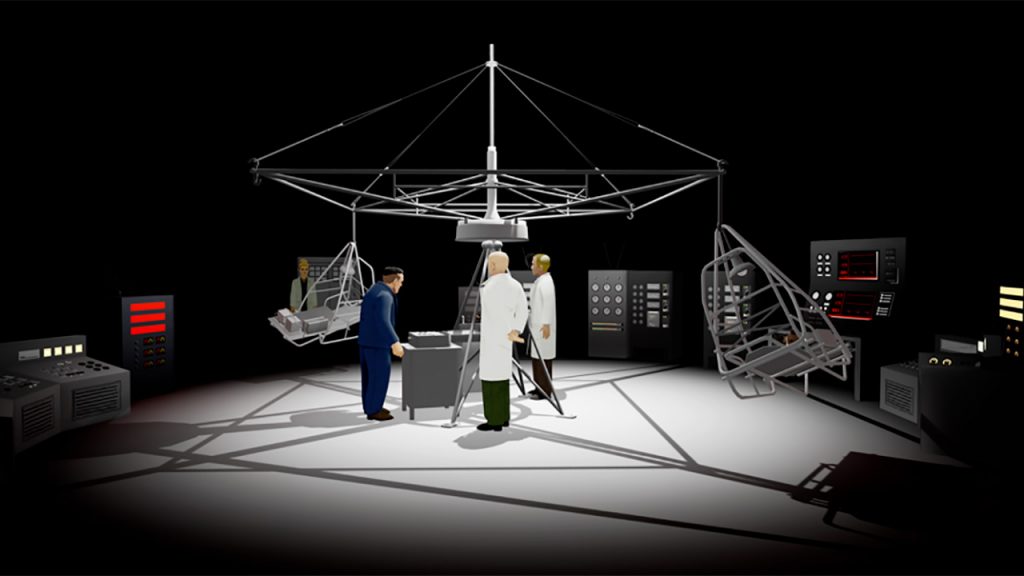
As someone who’s worked internationally, what distinctions do you see between the work here in the UK and their international counterparts?
U. S. – It’s an incredibly very rich scene, and it’s great to work with all the amazing artists here in the UK. It’s interesting to see the different models that countries employ to support these immersive technologies, and how that impacts the work of these immersive artists and creators. You can see subtle distinctions in the way they approach their work, depending on what kind of support or opportunities they have. I see a very strong, cinematic perspective here in the UK, which I suppose is partly due to it existing in the context of the London Film Festival, and the way they tie in with the rest of the programme. There’s a strong interest in these types of works, both from the perspective of the artists as well as their audience.
As someone who has worked on dedicated VR events like VRHAM, did you find you had to alter the approach you took when it came to LFF Expanded?
U. S. – I definitely had to change my approach, that’s why I love to be a programmer! I don’t just programme the same things that I would programme for VRHAM- I have a very different approach and direction there. It doesn’t limit what I can do here in London, I find it very exciting to also talk about it with my colleagues in the programming department film side, to see what themes they see among filmmakers, as well as new artists moving into the space, branching out into new forms and finding new solutions.
U. S. – Consequently my approach has to be a little different here, but it doesn’t mean that it’s more narrow. The BFI as an entity, and the London Film Festival itself, is very open to these new forms. We use cinema as a jumping off point, but it’s not limited only to that medium. We are able to draw on the fine arts, on performance, choreography and music, and they’re very open and encouraging when it comes to showcasing these too. It’s an incredibly wide array of different art forms.
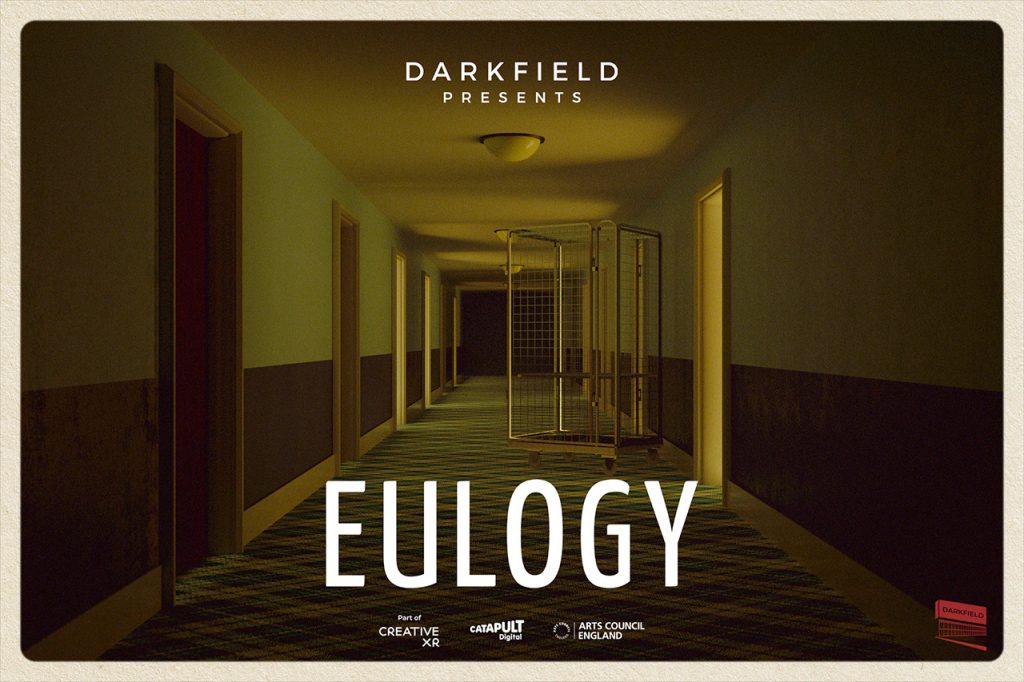
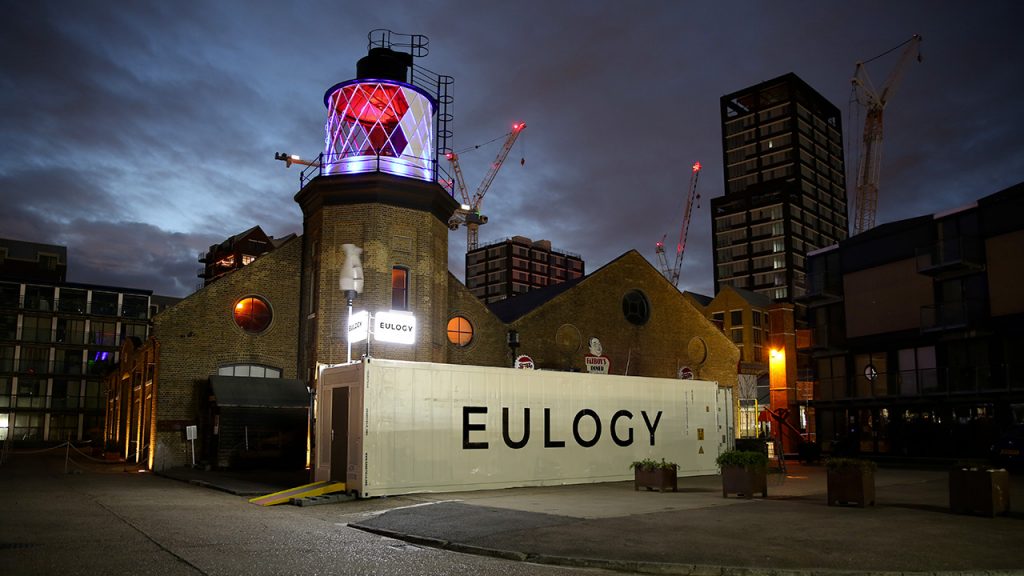
You have undoubtedly seen a great deal of work over the years, is there a point where you become a little desensitized towards the impact of immersive art, or do you still get moments that give you a powerful emotional reaction?
U. S. – Oh, no, I still get these mind blowing moments, I still laugh, I cry, I shiver when I see amazing works. There are several works in the programme that genuinely bring you to tears. One example is an immersive “audio walk” based around the South Bank called ONLY EXPANSION. It doesn’t have the sort of visual components that we often associate with immersive work. It resonates with the sounds that surround you and includes this beautiful narrative transcript, with a booklet that goes along with it, you see the world anew. I get goosebumps just talking about it.
U. S. – I have another piece called CAPTURED where your face is 3D scanned, and then put on to an AI-controlled Avatar, then shown on a huge screen in front of you, where these characters begin to walk around, and eventually start fighting each other. It’s a powerful statement about social degradation, about aggressors, about bystanders. You suddenly see yourself. The creativity that artists demonstrate, when confronted with all possibilities, is just endless. it’s mind blowing.
What are the challenges that you face for creating an exhibition like Expanded, and what aspects of the event do you hope to get right?
U. S. – First of all, doing these artists justice is something that is incredibly important to get right: To showcase their work in the best possible setting. We also think a great deal about the audience, the best way they can experience the event. It’s about the audience’s journey. We are very much an audience-facing festival, we are not an industry event. So it’s really about helping people understand what these immersive technologies can offer them in terms of storytelling,
U. S. – Of course the other thing is to keep everyone as safe as possible, and have all the right environments and to make it as accessible as possible to people with special needs. It’s hugely exciting as this is the first year that we have this large-scale, physical exhibition and access points. Getting that right is very challenging, but incredibly rewarding, and I’ve got an amazing team working on it all with me.
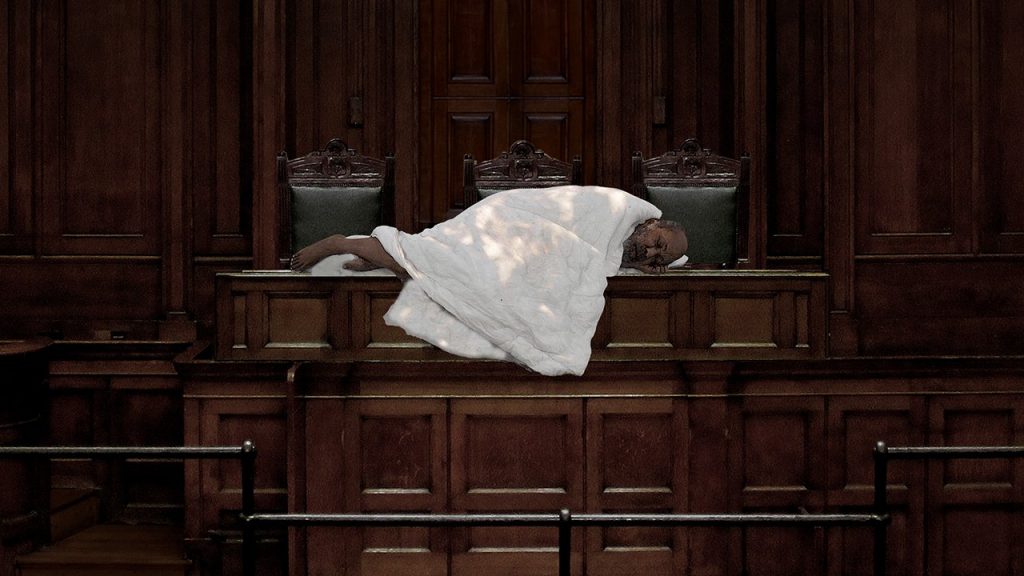
As someone who’s dedicated a large part of their life to bringing people into the medium and supporting artists, what are the things that concern you about XR?
U. S. – We should definitely be careful of giving these entities power over our personal space, I’m very mindful of the idea of personal space. There’s also a wider conversation around censorship and the freedom of art. And I don’t see much of this in the big corporate institutions. Something I’m very mindful of, especially in VR (but also in immersive technology as a whole), is that it’s often seen as a kind of money machine, or a path to quick money. That’s not what this artform is about.
U. S. – If we had seen film and the moving image simply as a quick way to make money, we wouldn’t have the cinema we know today. We need space for these artists to breathe, and we need them to challenge what’s happening in the industry. I think it’s the artists responsibility to be mindful of these sorts of social, cultural and personal disruption that is happening, and use their art and their storytelling to point a finger and make people aware of what’s happening. So this AI project that I mentioned is a fantastic example of what’s actually possible in terms of AI. You are suddenly another person. So it makes people mindful of this, through the power of these images.
Finally, what sort of feelings and impressions would you like people to leave with after experiencing Expanded?
U. S. – There is a beautiful story of something that happens in my first year at VRHAM, where a woman in her 70s came up to me, after she had just experienced some VR and said “Oh, my God, thank you so much. I would have never imagined that this is really a new artform”. She instantly understood, this is not about a new technology or simply a form of entertainment. It’s not trying to replicate anything or take anything away from another artform. It’s a new way for artists to express themselves.
U. S. – If I can help facilitate that, and help people, institutions, governments understand that this really is a new artform, one that needs different rules, different ways of exhibiting work and supporting artists, then that would make me very, very happy.
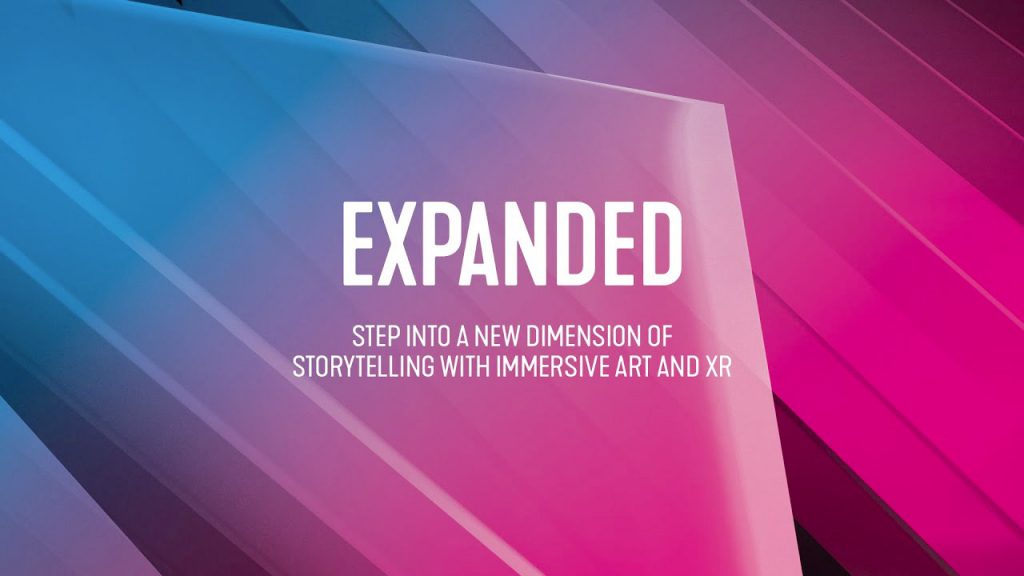
The BFI London Film Festival will run from 6 to 17 October 2021, tickets available on the BFI website.
More about this:
“The global crisis has sparked another interest in creativity” – Ulrich Schrauth (VRHAM!)
Hybrid event LFF Expanded is back at the BFI London Film Festival 2021
Selection
- Captured (2021) Finland, Germany
- Container (2021) South Africa, United Kingdom
- Missing Pictures (2020) France, Luxembourg, Taiwan, United Kingdom
- Only Expansion (2019) United Kingdom
- Laika (2021) United Kingdom
- Eternal Return (2019) Sweden, United Kingdom
- Future Rites (2021) Canada, United Kingdom
- Samsara (2021) Taiwan
- A Life in Pieces: The Diary and Letters of Stanley Hayami (2021) Japan, United States
- Noah’s Raft (2021) Nigeria
- Eulogy (2021) United Kingdom
- Inhibition (2020) United Kingdom
- Faune (2021) France
- Adult Children (2021) United Kingdom
- Ghost in the Atom (2021) Finland, Latvia
- Liminal Lands (2021) Denmark, France, United States
- Virtually There (2020) United Kingdom

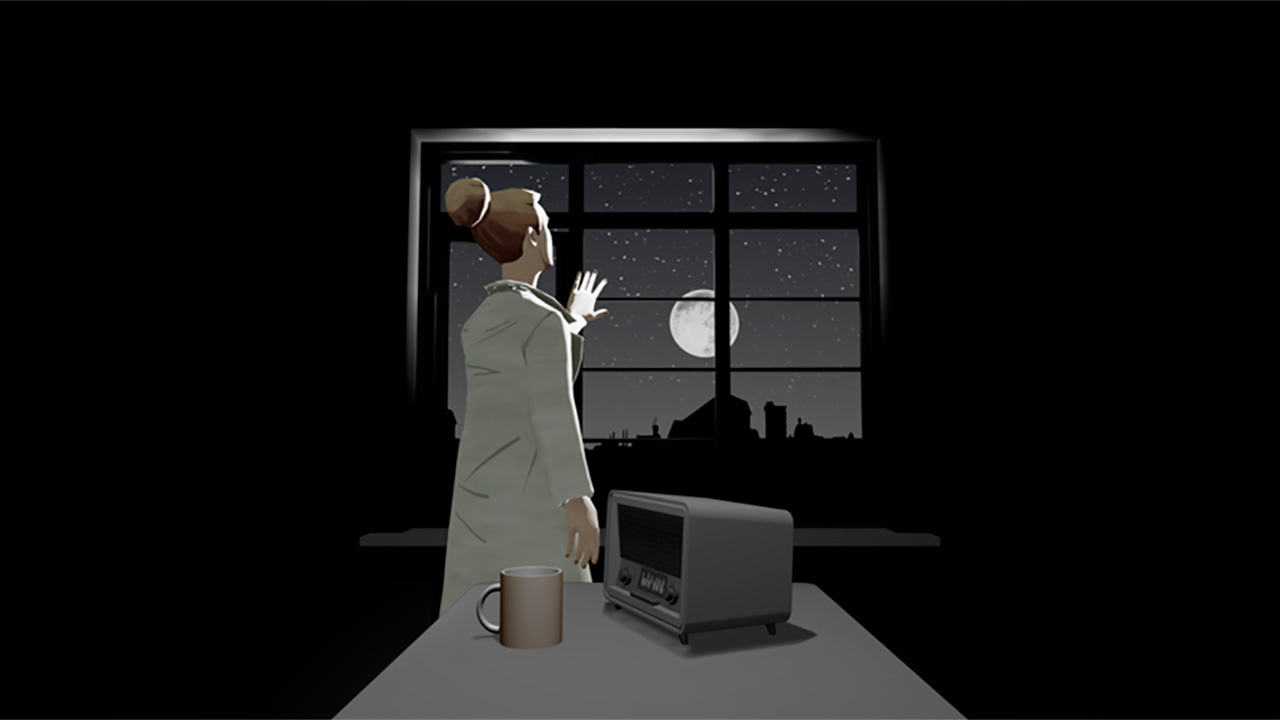

Leave a Reply
You must be logged in to post a comment.